Keywords: Vote
There are more than 200 results, only the first 200 are displayed here.
-
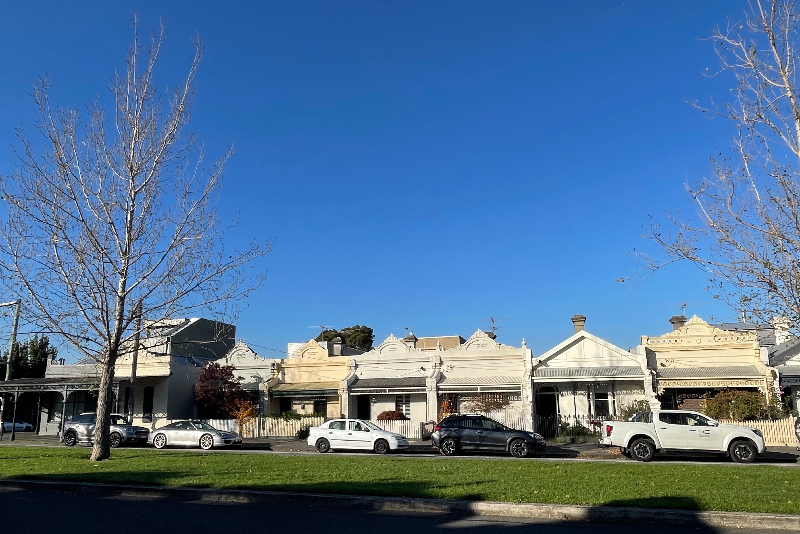
ARTS AND CULTURE
Election day. Mid-afternoon. 21 May 2022. I make my way to Canning Street, Carlton North. Stop by my childhood home, a single-fronted terrace, the neighbourhood of my youth. In the 1950s election day was a happy day in that rented house, conveniently close to the factories of Brunswick, and the Victoria Market where my father was a stallholder. My parents loved the three-block walk to the polling booths, located in Lee Street, our local primary school. They were elated at having the right to vote. From where they came, this right had been brutally taken from them.
READ MORE 
-
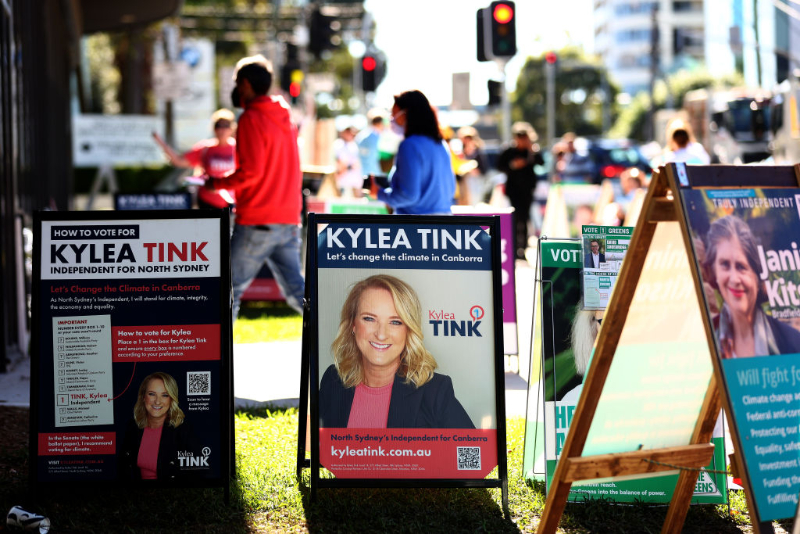
AUSTRALIA
- Binoy Kampmark
- 24 May 2022
11 Comments
The centre of the political system did not so much hold as desert. The vote was a furious, determined and tenacious shout from the estranged centre, a shivering of the timbers. The calibre of individuals elected — many from professions, many with public service outside the traditional party hierarchy of patronage and promotion, and most, women — has not been previously seen in this country’s politics.
READ MORE 
-
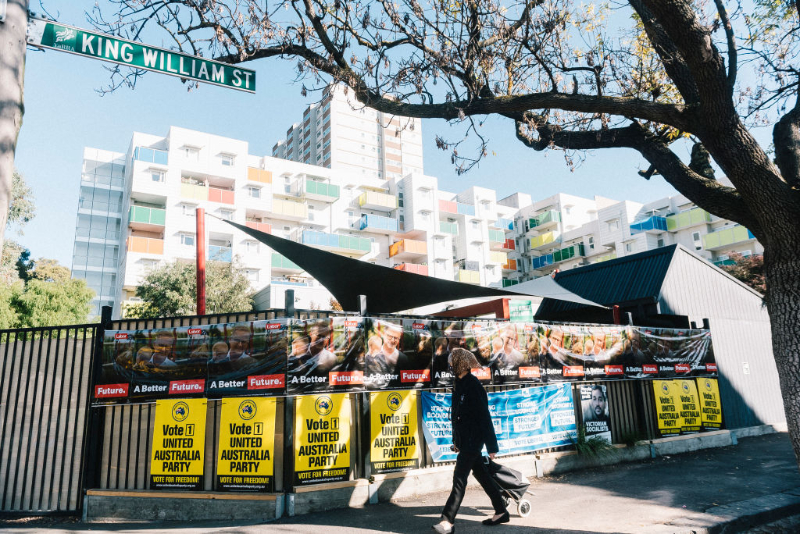
AUSTRALIA
- John Warhurst
- 24 May 2022
13 Comments
Governments lose elections, but Oppositions still must demonstrate that they are a capable alternative. Both the Morrison Coalition government and the Albanese Labor Opposition played their part last Saturday. There were many sub-plots in the pattern of voting, but this election was primarily lost and won in the four biggest mainland cities.
READ MORE 
-
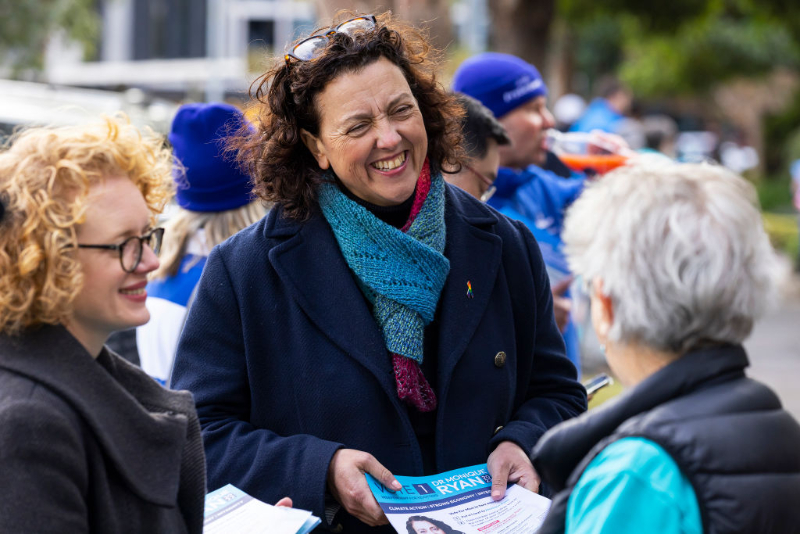
EDUCATION
- Chris Middleton
- 23 May 2022
7 Comments
Perhaps the most dramatic individual result of the Federal election was that Menzies’s seat, Kooyong, has fallen to a Teal independent, Dr Monique Ryan. Xavier College sits in the Kooyong electorate, and Dr Ryan is a parent at the College. Dr Ryan proved to be an impressive candidate who ran as a good a local campaign as I have ever seen. It was marked by a strong engagement by many locals, and especially among professional women, and older residents.
READ MORE 
-
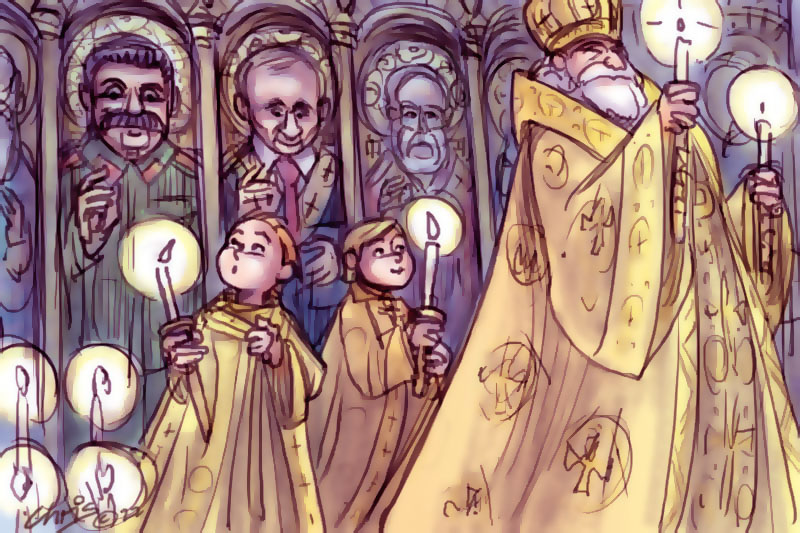
INTERNATIONAL
- Stephen Minas
- 23 May 2022
3 Comments
‘We removed him from the mausoleum’, wrote the Soviet poet Yevgeny Yevtushenko. ‘But how do we remove Stalin from Stalin’s heirs?’ The poem was published in 1962 but it’s still a good question. Today one of Stalin’s heirs commands a barbaric war against Ukraine with the enthusiastic cheerleading of another such heir – the leader of the Moscow Patriarchate reestablished by Stalin.
READ MORE 
-
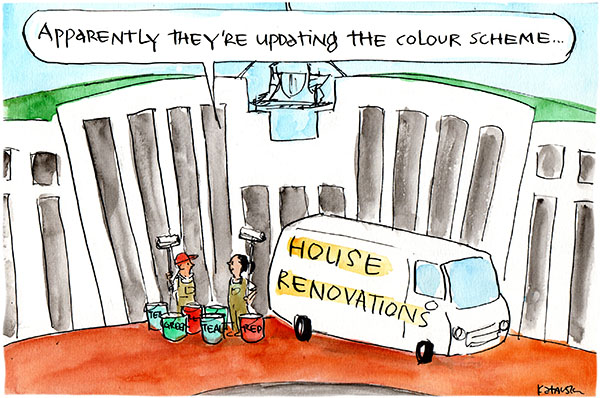
CARTOON
- Fiona Katauskas
- 23 May 2022
1 Comment
READ MORE 
-
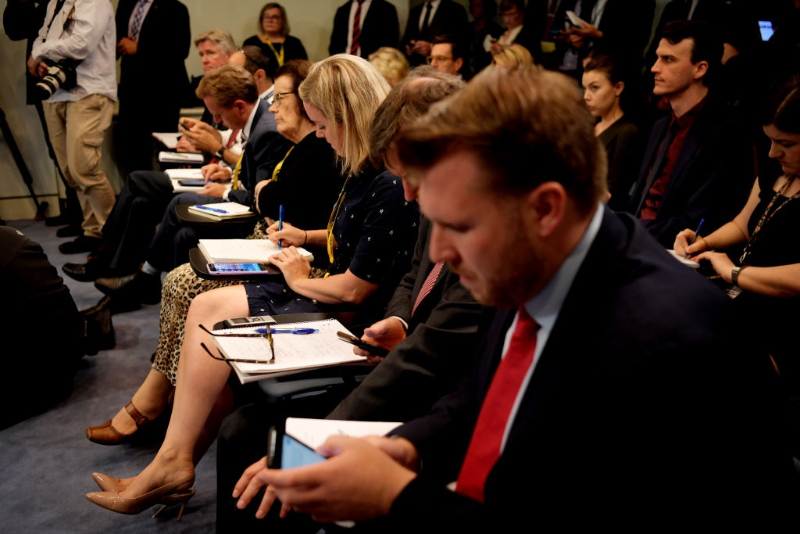
MEDIA
- Andrew Hamilton
- 19 May 2022
2 Comments
It is unfortunate that World Communications Day is celebrated in the middle of an election campaign. We have seen the worst of partisan media coverage, of shouting as a preferred form of communication, of endless experts promising Armageddon if the result is not to their taste. And yet we have also seen the best of media informing us of the issues that concern people in different parts of Australia. Without such public communication, for all its defects and excesses, our society would be the poorer.
READ MORE 
-
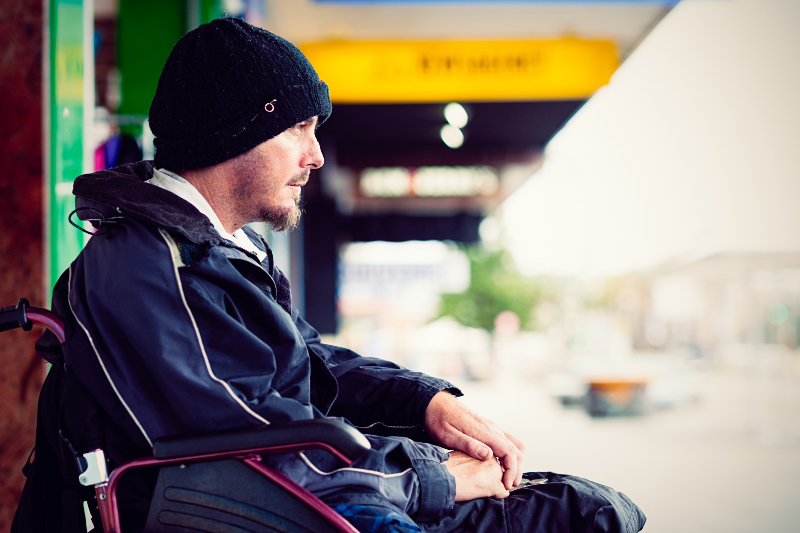
AUSTRALIA
- Claire Victory
- 19 May 2022
1 Comment
There is an Australia that many people seldom encounter and its citizens number in the millions. These citizens live in all cities and regional towns, often in sub-standard yet costly housing, and struggle to survive week to week on low wages or inadequate government assistance.
READ MORE 
-
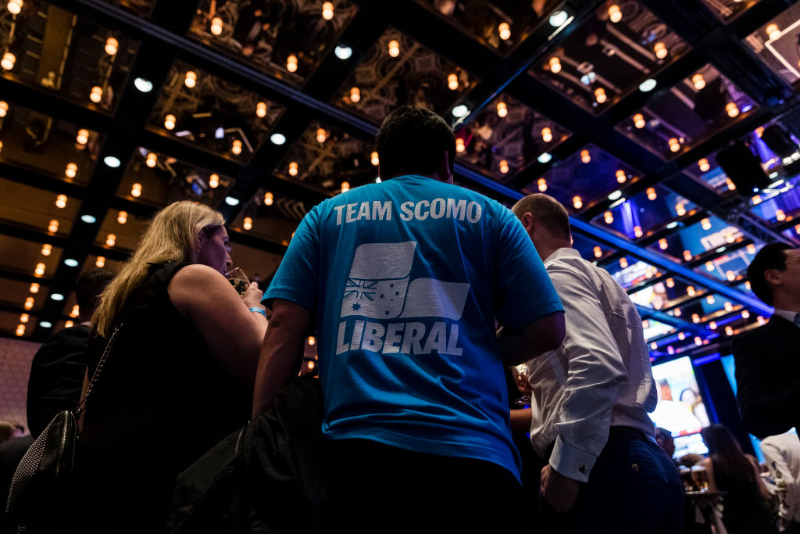
AUSTRALIA
- Anthony N Castle
- 18 May 2022
8 Comments
I was invited to a party the night of the 2019 election. The night’s entertainment was invite-only, with long tables of bread and wine, and I stepped back from the sounds of celebration to hear the political coverage on my phone. Standing at the far window, I looked up to see people in the night below, out in the dark, silent. Behind me a party guest shouted over the noise ‘what happened?’ I looked away from those outside and answered: a loss.
READ MORE 
-
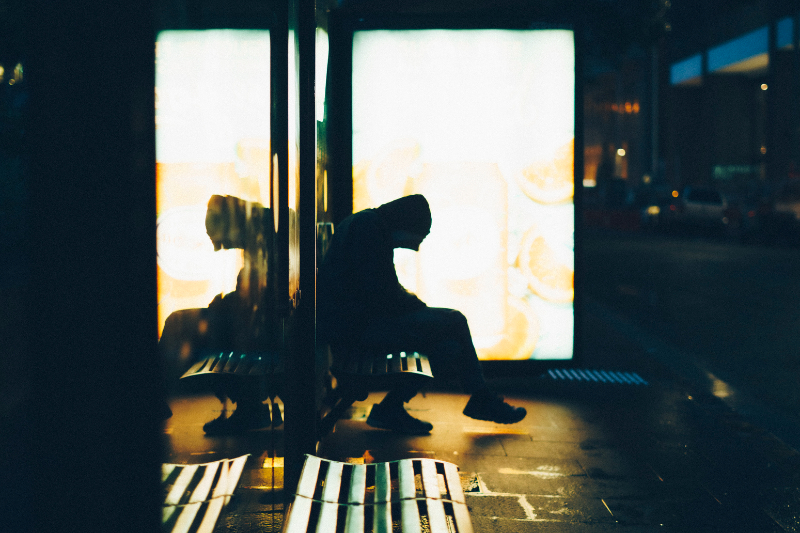
AUSTRALIA
- Sally Parnell
- 18 May 2022
3 Comments
When millions of Australians look back on this Federal Election campaign, they will recall it as one dominated by ‘gotcha’ moments and scare campaigns. Personal attacks, loud and in-your-face advertising campaigns and so-called missteps by politicians have provided countless hours of talkback content. Regrettably, this has taken the focus of too many away from nuanced conversations about the kind of society in which we want to live, and the policies and vision needed to take us there.
READ MORE 
-
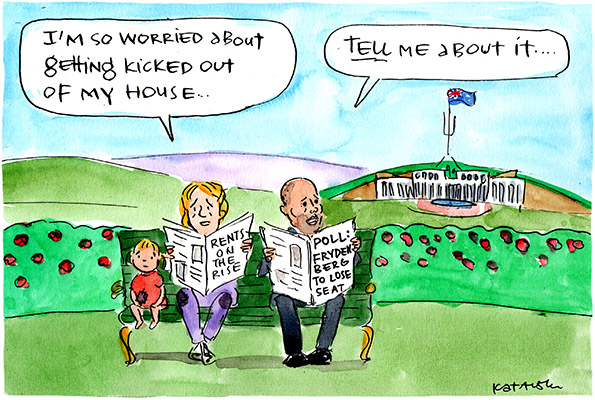
CARTOON
- Fiona Katauskas
- 17 May 2022
READ MORE 
-
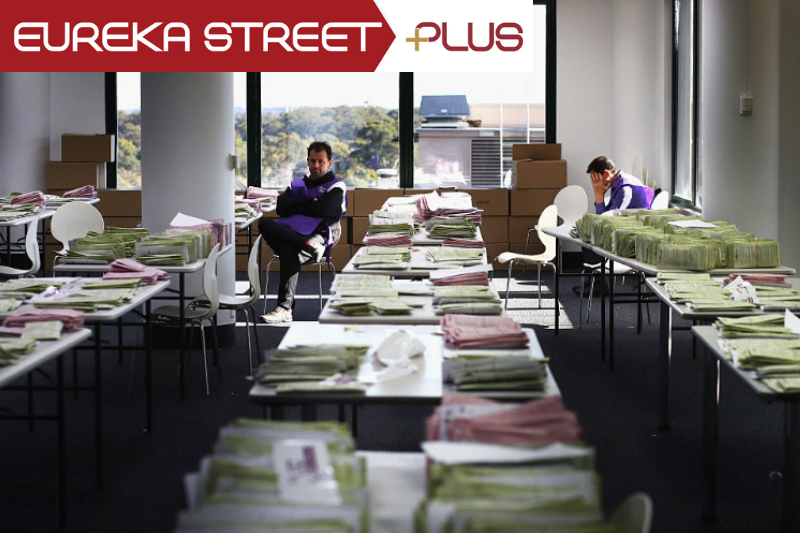
AUSTRALIA
- Andrew Hamilton
- 13 May 2022
2 Comments
As the election campaign mercifully comes to an end, many of us have been musing on what the new Government should do when it comes into office. It is a difficult question to answer because both Parties have excluded any radical action to address the clear and pressing needs of Australians. Fires, floods and insurance costs highlight the need for immediate and shared action to address climate change. The simultaneous high cost of housing, the inadequate benefits available to the disadvantaged, and lack of accommodation for people in need testify to the need to address the growing inequality in Australian society.
READ MORE 